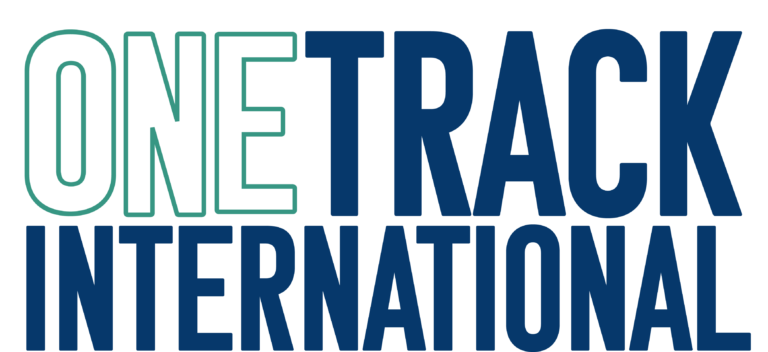In Harare, hundreds of motorists line up for hours hoping to refuel their tanks with gas that has doubled in price since January. Recently in Zimbabwe, fuel is not the only thing in shortage.
Water, food, license plates, passports, cash – these things and more have run low in supply after Zimbabwe’s economic crisis hit.
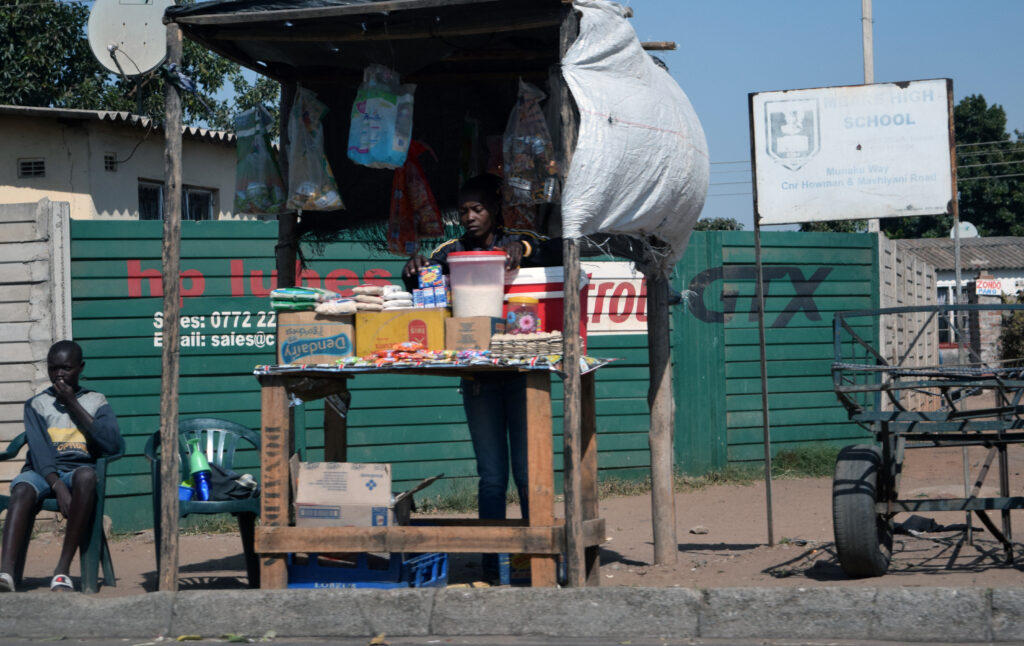
While Zimbabwe has suffered from economic decline since the early 2000s, recent years have marked a time of extreme difficulty for the nation. When Zimbabwe’s currency collapsed, so did the well-being of its residents. Hyperinflation – at 175 percent in June – has destroyed the value of wages. As the value of wages has gone down, prices of basic goods such as food have gone up. Additionally, a lack of foreign currency has led to import shortages. Without enough foreign currency to purchase food, power, and chemicals to treat drinking water, Zimbabweans have been forced to accept harsh limitations on their basic daily needs. Residents must work around frequent and lengthy power outages, sometimes lasting up to 18 hours a day. For everyone in the country, daily life has changed drastically. However, for Zimbabwe’s most vulnerable groups – the children and orphans – the effects of the crisis reach even further into their lives.
A combination of economic issues, drought, and cyclone-induced floods have left Zimbabwe in its worst food crisis in the past two decades. Food insecurity has increased significantly, and the World Food Programme (WFP) estimates that over five million people in Zimbabwe need assistance. Eddie Rowe, head of the WFP in Zimbabwe, has stated that while food insecurity was once confined to rural areas, it has now also spread to urban areas. For children, food insecurity affects more than just their bodies. Mercy Mpata, spokeswoman for the Association for Rural Teachers of Zimbabwe, explains that the demands of this crisis have taken focus away from school. Many children must work during their time outside of school to help their families put food on the table. Some children may skip school to earn money, and even those who do attend class have less energy and focus. Schools themselves have also struggled to combat this food shortage. Before the start of the current school term, some boarding schools asked parents to provide food rather than pay increased school fees. For our partners in Zimbabwe, the food crisis presents a great challenge to their responsibility of nourishing the orphans in their care. Looking at what is already happening to the children of Zimbabwe, food insecurity threatens both present and future outcomes in health and education.
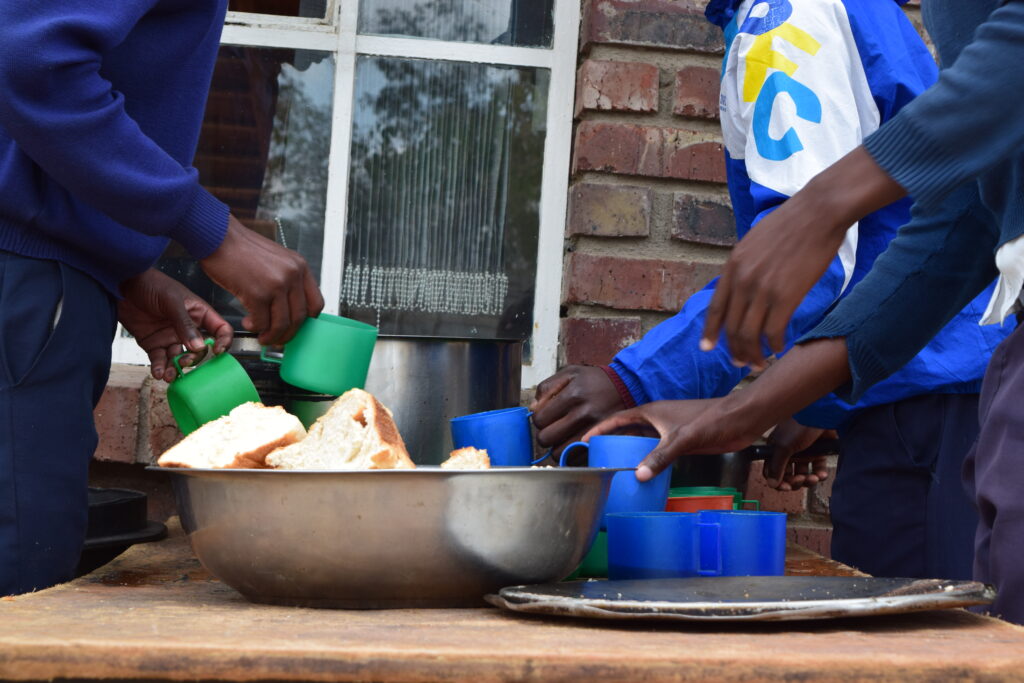
Water and power shortages have also taken a toll on daily life and productivity. Recently, more than 2 million residents of Harare and surrounding areas lost access to tap water because of a water treatment plant shut down. The shut down came as a result of Zimbabwe’s lack of funds to purchase water treatment chemicals. Residents also cannot pump water when the power is cut. Without safe tap water, Zimbabweans have had to use bottled water or wells. Some must line up for hours in the middle of the night to fetch water. However, reliance on wells puts people at greater risk of catching water-borne diseases. Water shortage and a decaying sewage system have caused frequent cases of typhoid in the capital. According to the Zimbabwe Peace Project, women and children, especially young girls “’bear the brunt of the water crisis,’” because they spend more time searching for and collecting water. Unfortunately, time spent worrying about this water crisis means less time for children to enrich their lives. The burdens caused by these crises are burdens that no child should have to bear.
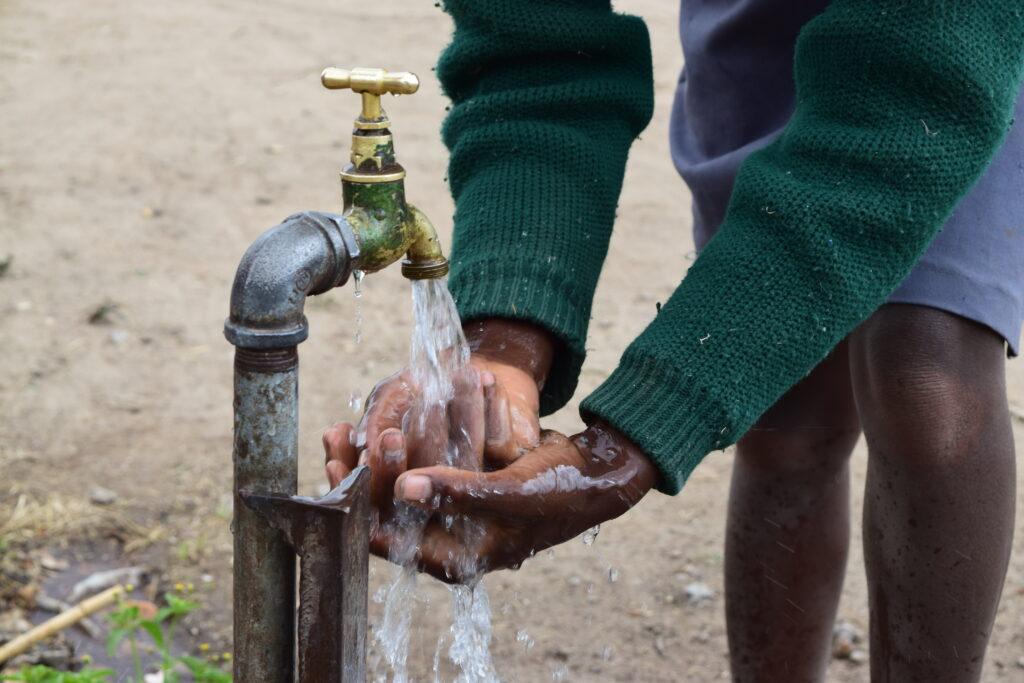
Another victim of this crisis is Zimbabwe’s health care. Power cuts have forced hospitals to cancel patients’ surgical appointments. Dr. Peter Magombeyi, a doctor at the Harare Central Hospital, says the hospital lacks basic items such as gloves, bandages, test tubes, and Paracetamol. With the value of their wages dropping due to high inflation, some state doctors began a strike in September. Recently, over 200 of these doctors were dismissed, and patients were turned away from hospitals. During this crisis, people are at greater risk of health problems, such as malnutrition or water-borne illness. Without access to proper medical care, these health issues may cause greater harm than if proper care was available. In worst-case scenarios, children or their parents could lose their lives, damaging the family unit. Zimbabwe’s HIV/AIDS crisis brought ONETrack to Zimbabwe, as many children lost their parents and needed critical care from their communities. If this crisis continues and worsens, more children could be at risk of becoming orphaned.
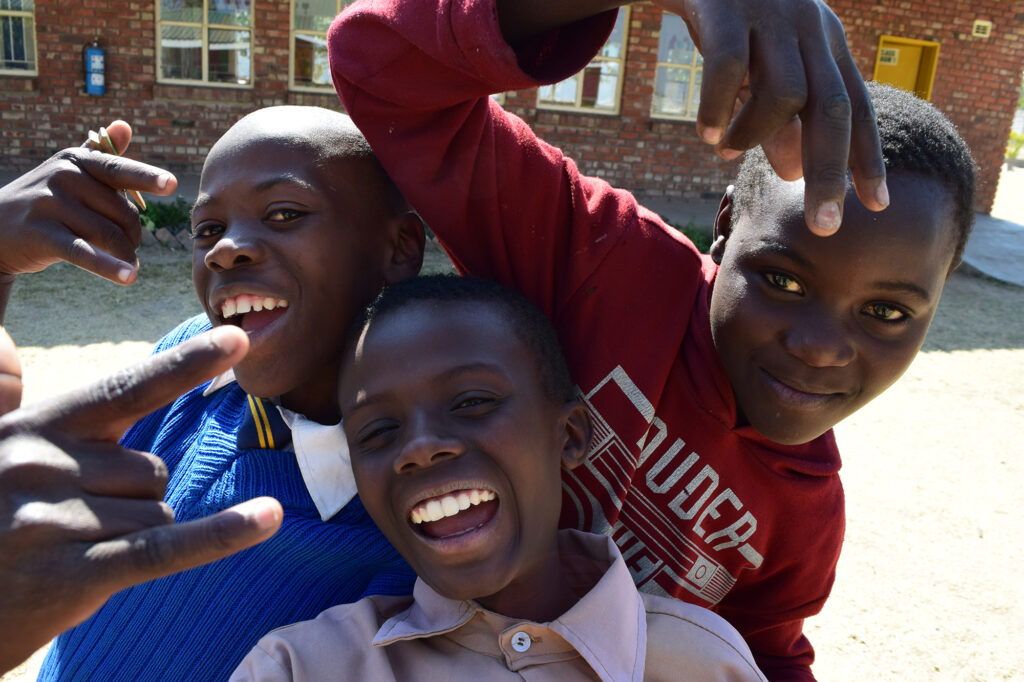
This situation is not one without hope, however. The government and the international community are stepping in to aid vulnerable groups. The government has targeted households below the poverty line to receive cash transfers. An urban feeding program is also underway, with the government distributing grain to food-insecure households, including those headed by children.
ONETrack International is committed to strengthening communities in Zimbabwe to thrive in the face of this crisis. ONETrack works closely with the Chiedza Child Care Centre, which runs a community home-based program for orphaned children and assists their caregivers. The Chiedza Child Care Center prioritizes early childhood development by promoting inclusive education, which encompasses children living with disabilities. Especially during this difficult period in Zimbabwe, support for education is critical to provide stability and a better future for vulnerable children. ONETrack has also established an economic empowerment program for women to build their own businesses and manage their money. This program has proven successful as the women have developed their own banking system to back community businesses. While the current crisis presents tough challenges, the people of Zimbabwe have shown extreme resilience. We can support them by spreading awareness of their struggles and empowering their communities.
Read more about ONETrack International’s work in Zimbabwe
References
In Zimbabwe’s Crisis, Surviving Means Improvising, And Some Luck https://ewn.co.za/2019/09/16/in-zimbabwe-s-crisis-surviving-means-improvising-and-some-luck
Zimbabwe’s Currency is Collapsing https://www.aljazeera.com/ajimpact/zimbabwe-currency-collapsing-190920182252555.html
WFP: Zimbabwe Facing Worst Food Insecurity in Memory https://www.voanews.com/africa/wfp-zimbabwe-facing-worst-food-insecurity-memory
Water Cut Off for 2 Million Residents of Zimbabwe’s Capital Harare https://www.cbsnews.com/news/harare-zimbabwe-water-supply-cut-off-today-as-economic-crisis-and-drought-cripple-supplies-2019-09-24/
Zimbabwe: Thirsty Nation – Water Shortage Deepens Harare’s Economic Woes https://allafrica.com/stories/201911080251.html
Cash, Grain for Vulnerable Families https://www.sundaymail.co.zw/cash-grain-for-vulnerable-families
Tender Years Lost: Zimbabwe’s Children Suffer from Country’s Worst Economic Crisis https://economictimes.indiatimes.com/news/international/world-news/tender-years-lost-zimbabwes-children-suffer-from-countrys-worst-economic-crisis/fighting-inflation-rate-of-175/slideshow/70818677.cms

